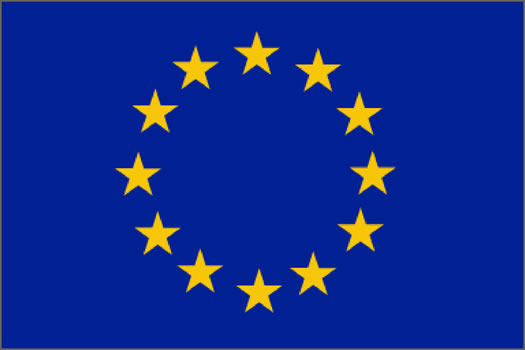The 27 European Union leaders reached an agreement on a €50 billion aid package for Ukraine, overcoming earlier opposition from Hungary. The deal was initially blocked by Hungarian Prime Minister Viktor Orban, a close ally of Russian President Vladimir Putin, who aimed to prompt a reevaluation of the EU’s policy towards Ukraine.
Ukrainian President Volodymyr Zelensky welcomed the approved funding, emphasising its positive impact on the country’s economic and financial stability. The Ukrainian economic ministry anticipates receiving the first tranche of funds in March.
Concerns had risen that Hungary might again block the aid package, as seen at a European summit last December. Orban had questioned committing funds for Kyiv over the next four years, sparking tensions within the EU.
The €50 billion aid package is crucial for covering essential expenses, including pensions and salaries, in Ukraine over the next four years. This development comes at a time when the release of US military aid for Ukraine, the largest contributor of military support to Kyiv, is facing delays in Congress. Several European countries also provide military assistance to Ukraine.
The surprise agreement, announced less than two hours into the summit, astonished observers who expected prolonged discussions given the apparent disagreement between Orban and other EU leaders. The unanimity requirement among all 27 EU member states, allowing Hungary to veto the deal until now, added complexity to the negotiations.
Diplomatic sources revealed that the new deal includes an annual discussion of the aid package, with the option to review it in two years if necessary. Orban had advocated for a yearly vote on the package, but this could have exposed the deal to Hungary’s annual veto threat.
Ursula von der Leyen, the president of the European Commission, hailed the agreement as “a good day for Europe.” President Zelensky expressed gratitude to EU leaders, highlighting the united support for Ukraine, which faced a Russian invasion nearly two years ago. Zelensky emphasised that the aid package would contribute to Ukraine’s long-term economic and financial stability.
In a related development, Ukraine announced the return of 207 Ukrainian captives from Russia in a prisoner swap. President Zelensky acknowledged the efforts of key officials, including Kyrylo Budanov, head of the Main Intelligence Directorate of the Ukrainian Defense Ministry, and Andriy Yermak, head of the President’s Office.
The released individuals served in various branches, including the Armed Forces, National Guard, State Border Guard Service, and National Police of Ukraine. The Kyiv Post reported that this exchange marked the 50th since Russia’s full-scale invasion of Ukraine, with the returned servicemen representing different branches of Ukraine’s security forces.



